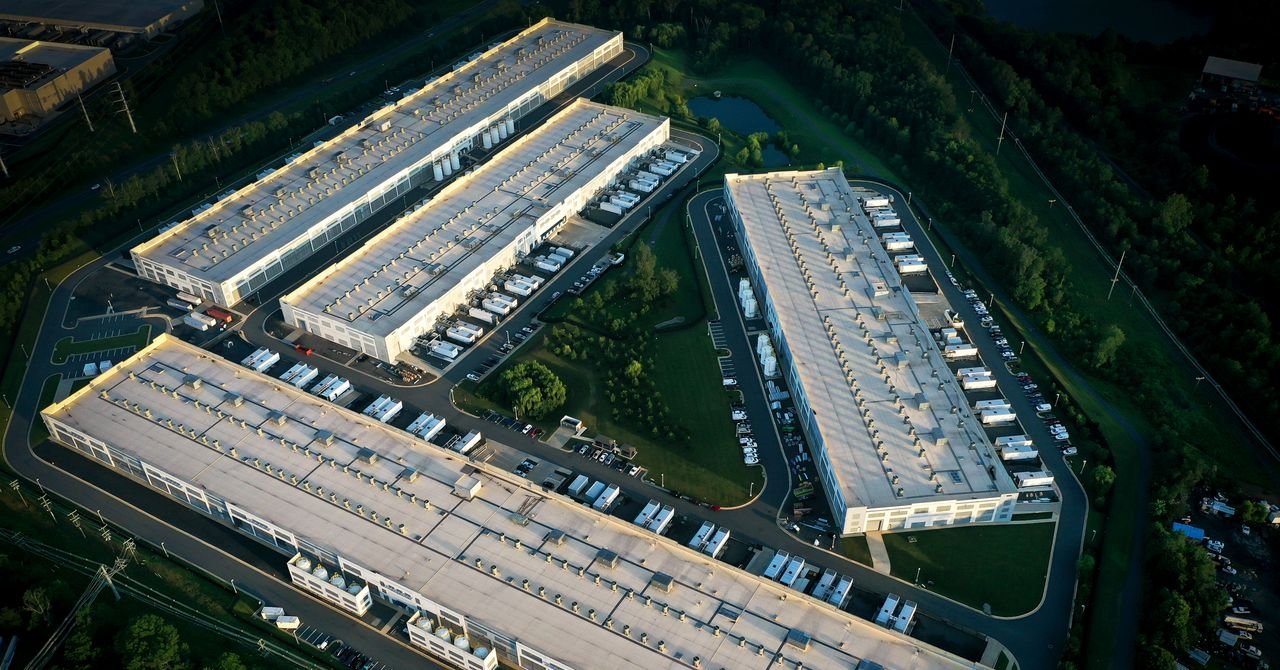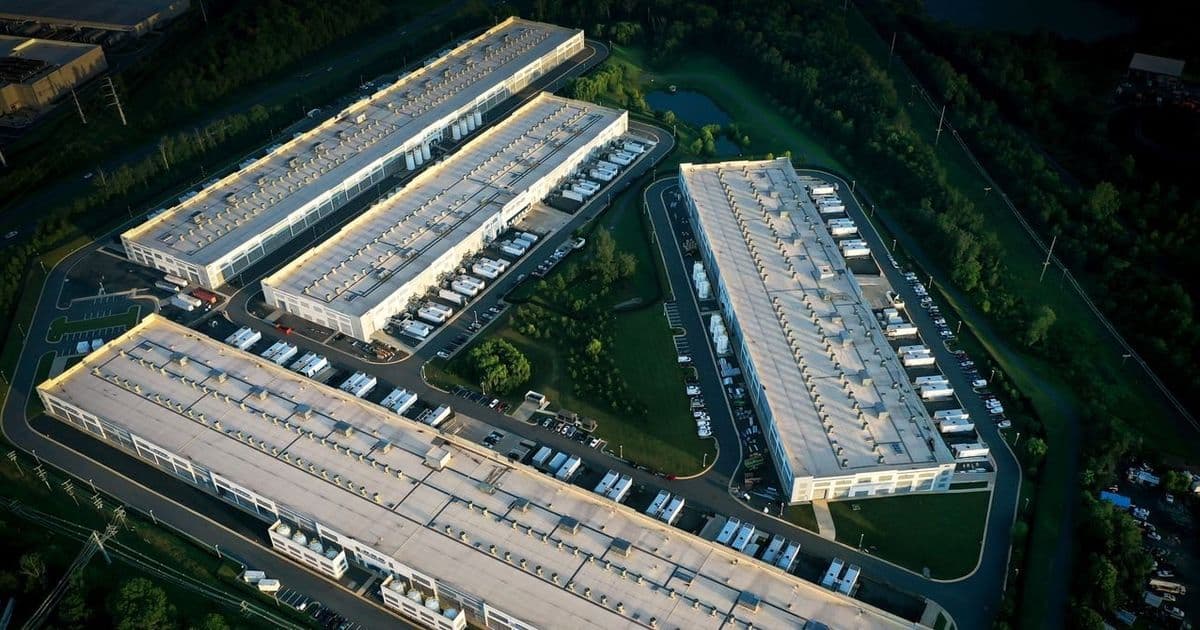The Trump administration's new AI policy recommendations include provisions to streamline Clean Water Act permitting for data centers—a direct response to lobbying by Meta and industry groups. This move could accelerate data center construction but risks bypassing crucial environmental safeguards for wetlands and waterways.

In a move aligning with tech industry lobbying efforts, the Trump administration's newly released AI policy framework proposes significant regulatory rollbacks for data center construction. Central to the plan is exempting data centers from rigorous environmental reviews under Section 404 of the Clean Water Act—a change explicitly requested earlier this year by the Data Center Coalition (DCC) (representing Amazon, Google, and others) and Meta.
The Permitting Battle
Section 404 regulates activities impacting "waters of the United States," requiring permits for dredging, filling wetlands, or redirecting streams during construction. Obtaining individual permits involves costly environmental assessments and public input. Nationwide permits (NWPs) offer streamlined alternatives for low-impact projects in predefined categories, but data centers currently lack a dedicated NWP. Projects impacting over 0.5 acres typically trigger detailed review.
The DCC's March 2024 submission to the White House Office of Science and Technology Policy argued current timelines are "lengthy" and inconsistent with other sectors. Meta echoed this, urging "streamlined" processes. The administration's newly released "AI Action Plan" and executive order directly incorporate these requests, advocating for:
- A new nationwide permit specifically for data centers.
- Elimination of pre-construction notification (PCN) requirements.
"The data center industry takes compliance and accountability seriously," stated Cy McNeill, DCC Director of Federal Affairs, in response to WIRED.
Environmental Concerns and Broader Implications
Environmental lawyers warn blanket exemptions ignore site-specific risks:
- Variable Impact: "What makes this tricky is that the impacts are gonna differ quite a bit depending on where these are," explains Jim McElfish of the Environmental Law Institute. A small fill project differs vastly from cases like Amazon's Indiana data center plan, which involves filling 10 acres of wetlands and 5,000 feet of streams.
- Reduced Oversight: "This is an attempt to expand the 404 nationwide permitting program... with much reduced regulatory review to literally speed along the paving of wetlands," argues Hannah Connor, senior attorney at the Center for Biological Diversity. She links the push to the 2023 Sackett v. EPA Supreme Court decision, which narrowed Clean Water Act jurisdiction, making arid states like Arizona—already a data center hotspot—even more attractive for development.
- Energy Infrastructure Link: The executive order extends beyond data centers, calling for reviews of 404 permitting for associated energy infrastructure like gas pipelines and transmission lines—areas historically mired in environmental litigation (e.g., the Mountain Valley Pipeline). Connor notes the policy "bakes in" the administration's broader energy priorities, including fossil fuels.
The Tech Industry's Stance
Tech companies emphasize speed and scale for AI dominance. Meta's Joel Kaplan hailed the AI plan as enabling investment in "job-creating infrastructure," referencing "hundreds of billions" being spent. Amazon highlighted water conservation efforts but told WIRED leadership in AI requires prioritizing energy and infrastructure deployment.
This policy shift represents a pivotal moment: streamlining data center expansion potentially accelerates AI infrastructure build-out but risks significant, unassessed environmental costs—a trade-off demanded by industry and now poised for implementation.
Source: WIRED

Comments
Please log in or register to join the discussion